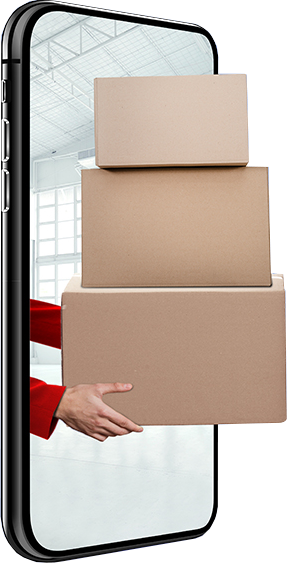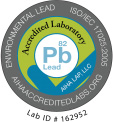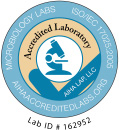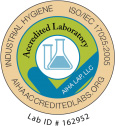
The effects of indoor air quality and the importance of LEED air quality testing have emerged as crucial players in ensuring healthier living and working spaces. LEED testing is also an important element of responsible business practices since buildings have a direct impact on the environment. During construction, occupancy, and renovation, buildings use energy, water, and materials, and all of the waste products can impact the indoor environment.
LEED-certified buildings are a crucial part of addressing climate change and meeting environmental goals, enhancing resilience, and supporting more equitable communities. LEED is a holistic system that doesn’t just focus on a singular building element, such as energy, water, or health. Instead, it looks at the entire picture, factoring in all critical elements that work together to be as sustainable as possible.
Leadership in Energy and Environmental Design (LEED) has emerged as a key component in an era where environmental consciousness takes center stage. It is a globally recognized symbol representing sustainable, forward-thinking building practices.
Personal and environmental effects of air quality
Air quality in buildings can be negatively affected by factors such as poor ventilation, aging building materials, renovation projects, and improper maintenance of systems. When poor indoor air quality is present, it can lead to a slew of health issues, from respiratory problems to fatigue and decreased productivity.
LEED air quality testing is essential for healthier air and establishes better indoor air quality through the use of environmentally friendly materials and efficient ventilation systems. This protects the health of occupants and enhances the overall comfort and productivity of the space.
Businesses and organizations increasingly recognize the long-term benefits of investing in LEED certification including the well-being of all occupants. There are various versions of LEED testing, the most recent addition being LEED v4.
The new requirements are conducted after construction and before occupancy, with the ventilation conditions expected during occupancy. The testing is conducted using baseline IAQ protocols consistent with established methods that we have available on our website.
Industries that will benefit from LEED
Any organization or building owner that wants to ensure sustainable, environmentally responsible conditions would be an ideal candidate for indoor air quality testing and certification. LEED-certified buildings are designed and constructed with a focus on energy savings, water efficiency, reduced carbon emissions, and ultimately, improved indoor air quality.
LEED IAQ testing gives building owners proven baseline data for pre-occupancy conditions that can be used to take steps to measure and enhance indoor air quality. This identifies potential contaminants such as particulates and volatile organic compounds (VOCs) and allows for proper precautions and action to be taken to mitigate any risks.
The industry benefits of LEED certification cannot be overstated. They include being amongst the leaders in innovation and responsible practices and increased value of property along with decreased operating costs. When considering risk mitigation, IAQ documentation, and environmental factors, these advantages benefit virtually any building pursuing LEED testing.
Our cost-effective sustainable air quality testing program
When should you assess air quality, after the construction process or during occupancy? The answer is best left to the professionals. SanAir Laboratories Technologies, Inc. is dedicated to an accurate, dependable process with fast results. Call us at 1-888-895-1177 or contact us online to speak to an expert about your environmental testing needs. Qualified customers can receive expedited materials with free shipping.












